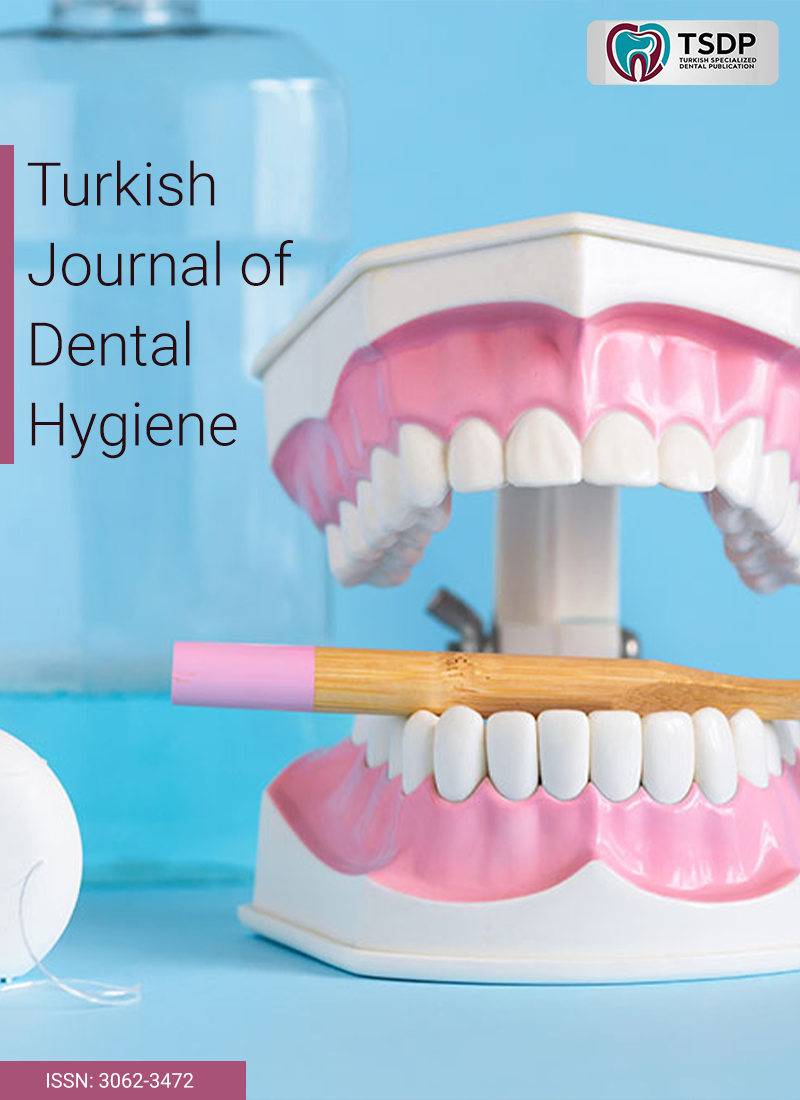
The accumulation of plaque, a complex biofilm forming on the hard surfaces of teeth, is a major factor in the development of periodontal disease and dental caries. Plaque biofilms are implicated in a variety of oral health problems, including these common conditions. To preserve oral health, various mechanical plaque control methods are used to minimize plaque buildup. This study investigated the effect of water flossing on marginal microleakage in RMGI. The research follows four key stages: sample collection, preparation, scanning, and cementation. The process involves flossing, thermocycling, and data collection. A total of 20 teeth were cemented using Rely-X and RMGIC cement, and then subjected to water flossing to assess its effect on marginal microleakage. Dye penetration was assessed and analyzed to determine the extent of leakage. The findings indicate a slight change in the margins of crowns cemented with Rely-X and RMGIC, with Rely-X showing a lower degree of microleakage.